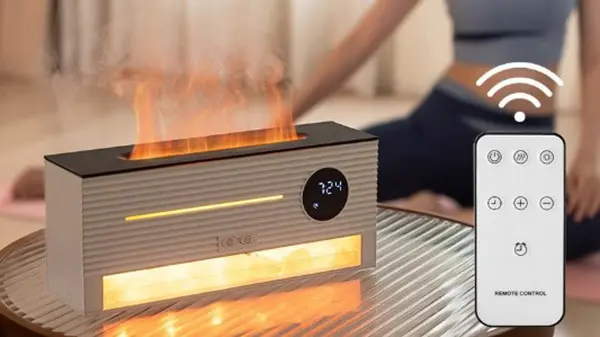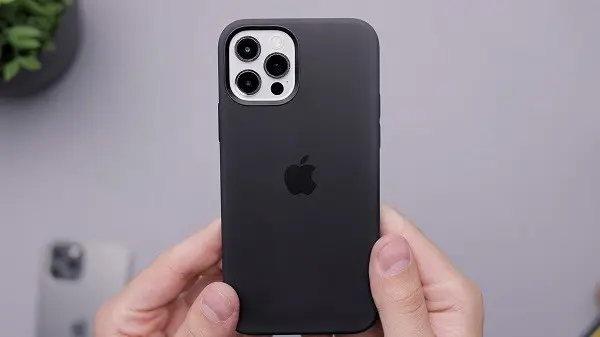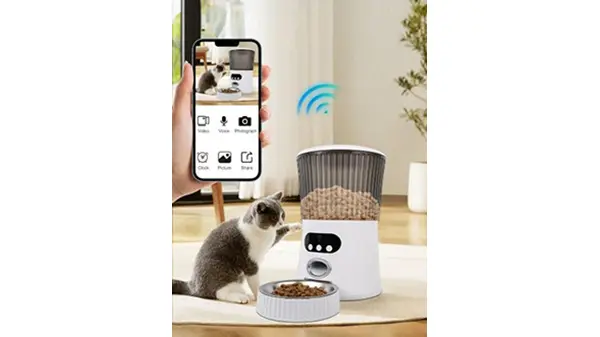 +8617719515640
+8617719515640 Can Phone Cases Cause Overheating?
2025-01-17
Many people worry that Phone Cases might make their phones overheat. The good news? Phone cases don’t directly cause overheating. Let’s break this down and answer common questions.
Why Do Phones Overheat?
Phones can overheat for several reasons. Here are the main ones:
1. Heavy Use: Playing games, streaming videos, or editing files for long periods puts stress on your phone. This generates heat as the processor works harder.
2. Hot Weather: High temperatures or sunlight can make your phone heat up fast. Leaving your phone in a hot car or under direct sunlight can significantly raise its temperature.
3. Battery Problems: An old or damaged battery might generate extra heat. This is especially common in phones with aging lithium-ion batteries.
4. Too Many Apps: Running multiple apps at the same time can overload your processor. This leads to excess heat production as the phone struggles to keep up.
These issues are usually not related to phone cases.
Do Phone Cases Hold in Heat?
Some phone cases may slightly trap heat. However, most cases today are made with heat dissipation in mind. Materials like TPU or polycarbonate are protective yet allow airflow. Plus, modern phones have cooling systems built to handle heat, even with a case on. High-quality phone cases are specifically designed to protect your device without blocking ventilation.
Even Leather Phone Cases, which some might assume trap more heat, are typically crafted to prevent overheating. Manufacturers understand the importance of balancing style, protection, and functionality.
How to Prevent Overheating
Even though phone cases aren’t the problem, these tips can help your phone stay cool:
1. Avoid Sunlight: Keep your phone away from direct sunlight, especially during summer. If you’re outdoors, store it in a shaded area.
2. Close Apps: Shut down apps you aren’t using. This reduces strain on the processor and minimizes heat generation.
3. Remove the Case While Charging: If your phone gets hot while charging, take off the case. This allows for better airflow and helps the heat escape more efficiently.
4. Use Cooling Cases: Choose cases with ventilation or cooling features. Some phone cases are designed with perforations or heat-dissipation materials to keep devices cool.
5. Avoid Overcharging: Unplug your phone once it’s fully charged. Overcharging can lead to battery overheating.
Common Questions About Phone Cases
1. Can thick phone cases cause overheating?
Thick cases might block some heat release. If you’re worried, try a thinner or ventilated case. Cases made of breathable materials can help.
2. Should I remove My Phone Case when charging?
Not always. But if your phone gets very hot, taking off the case can help. Fast chargers and wireless chargers tend to generate more heat, so removing the case temporarily can make a difference.
3. Do leather phone cases make phones hotter?
Leather cases don’t trap heat more than other materials. High-quality leather cases are safe to use and are often designed with heat dissipation in mind.
4. Can phone cases affect battery performance?
No, phone cases don’t directly impact battery performance. However, keeping your phone cool helps maintain battery health over time.
5. Are there phone cases specifically made to prevent overheating?
Yes, some phone cases are built with heat-dissipation features. Look for cases labeled as “breathable” or “cooling” to enhance your phone’s heat management.
Final Thoughts
Phone cases don’t make your phone overheat. Overheating usually comes from heavy use, hot environments, or battery issues. Pick a well-made case and follow these tips to keep your phone cool. A good phone case not only protects your device but also ensures it runs efficiently. So, enjoy peace of mind knowing that your phone case isn’t causing overheating—it’s helping keep your phone safe and secure.












